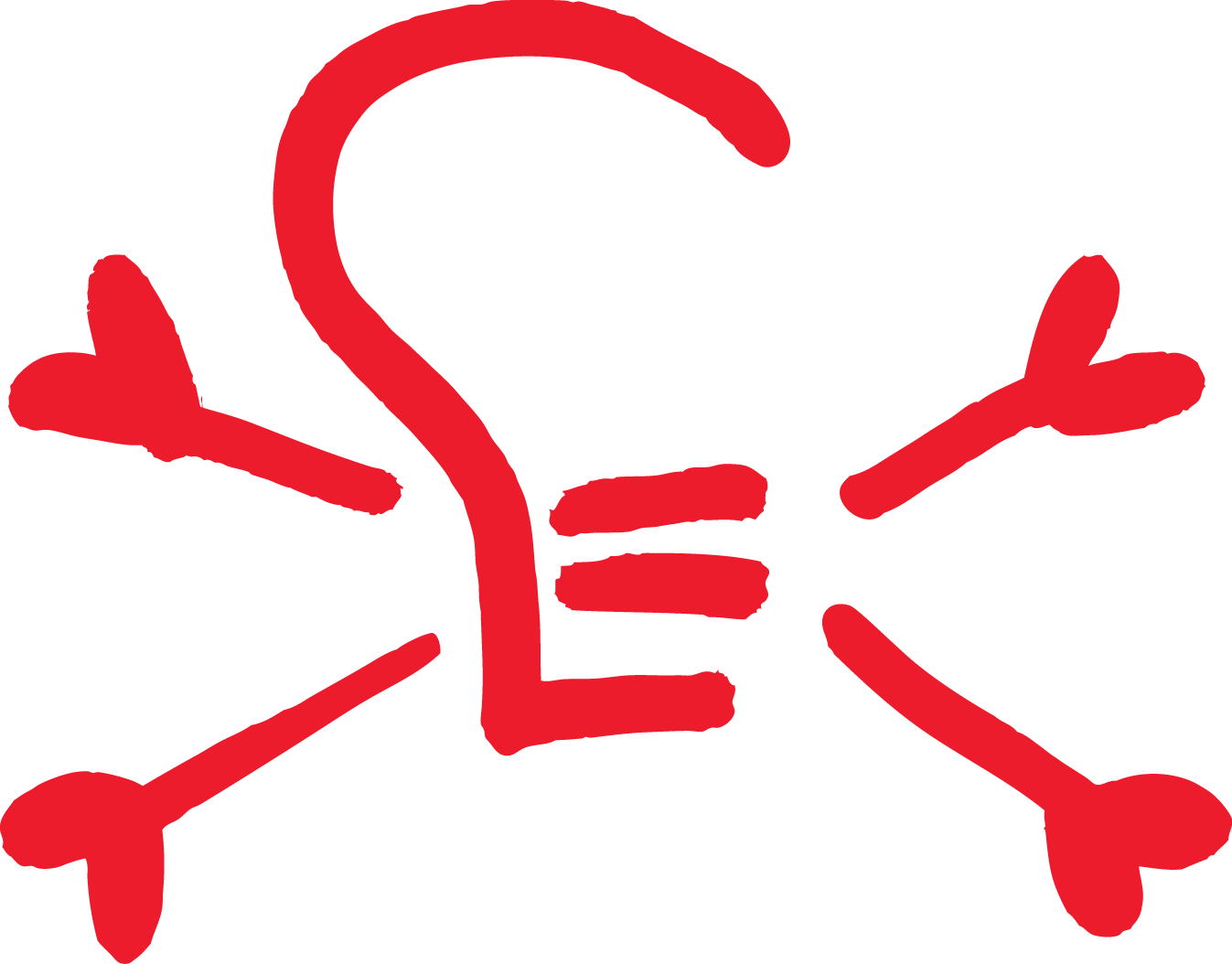We are all going through this pandemic together. As a global collective, the Coronavirus is currently putting us into a crisis response mode around the world. In the long term, however, this situation can provide an opportunity to re-imagine and re-invent how we structure our global economy and societal dynamics across all nation-states.
I came across this fascinating article by futurist Matthias Horx, which provides a backward Coronavirus forecast. Horx explores how we will be surprised when the crisis is „over.“ This article is being published here with permission from horx.com and zukunftsinstitut.de. The article was first published here.
The Post Corona World
by Matthias Horx
At the moment I am often asked when Corona „will be over“ and when everything will return to normal. My answer is: never. There are historical moments when the future changes direction. We call them bifurcations. Or deep crises. These times are now.

The world as we know it is dissolving. But behind it comes a new world, the formation of which we can at least imagine. For this I would like to offer you an exercise with which we have had good experiences in vision processes at companies. We call it the RE-gnosis. In contrast to the PRO-gnosis, we do not look „into the future“ with this technique. But from the future BACK to today. Sounds crazy? Let’s try it:
The RE-gnosis: Our world in autumn 2020
Let’s imagine a situation in autumn, let’s say in September 2020. We are sitting in a street cafe in a big city. It is warm and people are walking down the pavements again.
Do they move differently? Is everything the same as before? Does the wine, the cocktail, the coffee taste like it used to? Like it did before Corona?
Or even better?
Looking back, what will we be surprised about?
We will be surprised that our social distancing rarely led to a feeling of isolation. On the contrary, after an initial paralysing shock, many of us were relieved that the constant racing, talking, communicating on a multitude of channels suddenly came to a halt. Distancing does not necessarily mean loss, but can open up new possibilities. Some have already experienced this, for example trying interval fasting — and suddenly enjoyed food again. Paradoxically, the physical distance that the virus forced upon us also created new closeness. We met people who we would never have met otherwise. We contacted old friends more often, strengthened ties that had become loose. Families, neighbours, friends, have become closer and sometimes even solved hidden conflicts.
The social courtesy that we previously increasingly missed, increased.
Now in autumn 2020 there is a completely different mood at football games than in spring when there was a lot of mass rage. We wonder why that is.
We will be amazed at how quickly digital cultural techniques have suddenly proven themselves in practice. Teleconferencing and video conferencing, which most colleagues had always resisted (the business class flight was better), turned out to be quite practical and productive. Teachers learned a lot about internet teaching. The home office became a matter of course for many — including the improvisation and time juggling that goes with it.
At the same time, apparently outdated cultural techniques experienced a renaissance. Suddenly you got not only the answering machine when you called, but real people. The virus spawned a new culture of long phone calls without people juggling a second screen. The „messages“ themselves suddenly took on a new meaning. You really communicated again. Nobody was kept waiting anymore. Nobody was stalled. This created a new culture of accessibility, of commitment.
People who never came to rest due to the hectic rush, including YOUNG people, suddenly went for long walks (an activity formerly unknown to them). Reading books suddenly became a cult.
Reality shows suddenly seemed awkward and the whole trivia trash, the garbage for the soul that flowed through all channels seemed ridiculous. No, it didn’t completely disappear. But it was rapidly losing value.
Can anyone remember the political correctness debate? The infinite number of cultural wars? What, we will ask ourselves, was that all about? Crises work primarily by dissolving old phenomena, making them superfluous …Cynicism, a casual way of devaluing the world, was suddenly out.
The exaggeration and culture of fear and hysteria in the media was limited after a short first outbreak.
In addition, the infinite flood of cruel crime series reached its tipping point.
We will be surprised that drugs were developed in the summer that increased the survival rate. This lowered the death rate and made Corona a virus that we have to deal with — much like the flu and many other diseases. Medical progress helped. But we also learned that it was not so much technology, but a crucial change in social behaviour. The decisive factor was that people could have solidarity and be constructive despite radical restrictions. Human-social intelligence has helped. The much-vaunted artificial intelligence, which promised to solve everything, has only had a limited effect on Corona.
This has shifted the relationship between technology and culture. Before the crisis, technology seemed to be the panacea, the bearer of all utopias. No one — or only a few hard-boiled people — still believe in the great digital redemption today. The big technology hype is over. We are again turning our attention to the humane questions: What is mankind? What do we mean to each other?
We are astonished to see how much humour and humanity actually emerged in the days of the virus.
We will be amazed at how far the economy could shrink collapsing, something which was predicted during every pre-corona tax increase and every government intervention. Although there was a „black April“, a deep economic downturn and a 50 percent drop in the stock market, although many companies went bankrupt, shrank or mutated into something completely different, it never came to zero. As if the economy was a breathing being that can also nap or sleep and even dream.
Today in the Autumn, there is a global economy again. But global just-in-time production, with huge branched value chains, in which millions of individual parts are carted across the planet, has outlived itself. It is currently being dismantled and reconfigured. Interim storage facilities, depots and reserves are growing again everywhere in production and service facilities. Local production is booming, networks are being localised, and crafts are experiencing a renaissance. The global system is drifting towards GLOCALisation: the localisation of the global.
We will be surprised that even the loss of assets due to the stock market crash does not hurt as much as it felt in the beginning. In the new world, wealth suddenly no longer plays the decisive role. Good neighbours and a blossoming vegetable garden are more important.
Could it be that the virus has changed our lives in a direction that we wanted to change anyway?
RE-gnosis: coping with the present through a leap into the future.
Why does this kind of „from the future scenario“ seem so irritatingly different from a classic forecast? This is related to the specific properties of our sense of the future. When we look „into the future“, we typically only see the dangers and problems coming towards us that pile up onto insurmountable barriers. Like a locomotive coming out of the tunnel that runs over us. This fear barrier separates us from the future. That’s why horror futures are always the easiest to depict.
RE-gnosis, on the other hand, form a loop of knowledge in which we include ourselves and our inner change in the future. We connect internally with the future, and this creates a bridge between today and tomorrow. A form of „Future Mind“ is created.
If you do it right, something like future intelligence is created. We are able to anticipate not only the external “events“, but also the internal adaptations with which we react to a changed world.
That feels very different from a forecast that always has something dead, sterile in its anticipatory character. We leave the stiffness of fear and return to the vitality that belongs to every true future.
We all know the feeling of successfully overcoming fear. When we go to the dentist for treatment, we are worried a long time in advance. We lose control on the dentist’s chair and it hurts before it hurts. In anticipating this feeling, we bathe ourselves in fears that can completely overwhelm us. Once we have survived the treatment, there is a feeling of coping: the world looks young and fresh again, and we are suddenly full of drive.
Neuro-biologically, fear adrenaline is replaced by dopamine, a type of endogenous drug of the future. While adrenaline leads us to flee or fight (which is not really productive in the dentist’s chair, and just as useless in the fight against corona), dopamine opens our brain synapses: we are excited about what is to come, curious, foresighted. When we have a healthy dopamine level, we make plans, we have visions that lead us to the forward-looking action.
Surprisingly, many experience exactly this in the Corona crisis. A massive loss of control suddenly turns into a veritable intoxication of the positive. After a period of bewilderment and fear, an inner strength arises.The world „ends“, but with the experience that we are still there, a kind of new being arises from inside us.
In the middle of civilisation’s shutdown, we run through forests or parks, or across almost empty spaces. This is not an apocalypse, but a new beginning.
This is how it turns out: Change begins as a changed pattern of expectations, perceptions and world connections. Sometimes it is precisely the break with routines, the familiar, that releases our sense of the future again. The idea and certainty that everything could be completely different — and even better.
We may even be surprised that Trump will be voted out of office in November. The AfD [a right-wing to far-right political party in Germany] is losing popularity and attention because a malicious, divisive policy does not fit into a Corona world. The Corona crisis made it clear that those who want to incite people against each other have nothing to contribute to real questions about the future. When things get serious, the destructiveness that lives in populism becomes clear.
Politics — in its original sense as the formation of social responsibilities — received new credibility through this crisis, a new legitimacy. Precisely because it had to act in an ”authoritarian“ manner, politics created trust in society. Science also experienced an astonishing renaissance in the crisis. Virologists and epidemologists became media stars, but also „futuristic“ philosophers, sociologists, psychologists, anthropologists, who were previously left on the sidelines of polarised debates, regained their voice and value.
Fake news, however, rapidly lost market value. Conspiracy theories also suddenly looked ridiculous.
A virus as an accelerator of evolution
Deep crises also point to another basic principle of change: the trend-countertrend synthesis.
The new world after Corona — or better with Corona — arises from the disruption of the megatrend CONNECTIVITY. Politically and economically this phenomenon is also called „globalisation“. The interruption of connectivity — through border closings, separations, seclusions, quarantines — does not lead to the abolition of the connections. But it enables the reorganisation of the things that hold our world together and carry it into the future. There is a phase jump in socio-economic systems.
The world to come will appreciate distance again — and this will make connectedness more qualitative. Autonomy and dependency, opening and closing are rebalanced. This can make the world more complex, but also more stable. This transformation is largely a blind evolutionary process — because one fails, the new, the viable, prevails. This makes you dizzy at first, but then it shows its inner meaning: and what connects the paradoxes on a new level is sustainable.
This process of complexation — not to be confused with COMPLICATION — can also be consciously designed by people. Those who can, who speak the language of the coming complexity, will be the leaders of tomorrow. The hope-bearers. The up and coming Gretas.
„Through Corona we will adapt our entire attitude towards life — in the sense of our existence as living beings in the midst of other forms of life.“
Slavo Zizek at the height of the corona crisis in mid-March
Every deep crisis leaves a story, a narrative that points far into the future. One of the strongest images left by the coronavirus are of the Italians making music on the balconies. The second image was sent to us by satellite images that suddenly showed the industrial areas of China and Italy free of smog. In 2020, human CO2 emissions will drop for the first time. That very fact will do something to us.
If the virus can do that, then can we possibly do it? Maybe the virus was just a messenger from the future. The drastic message is: Human civilisation has become too dense, too fast, and overheated. It is racing too fast in a direction in which there is no future.
But it can reinvent itself.
System reset.
Cool down!
Music on the balconies!
This is how the future works.

